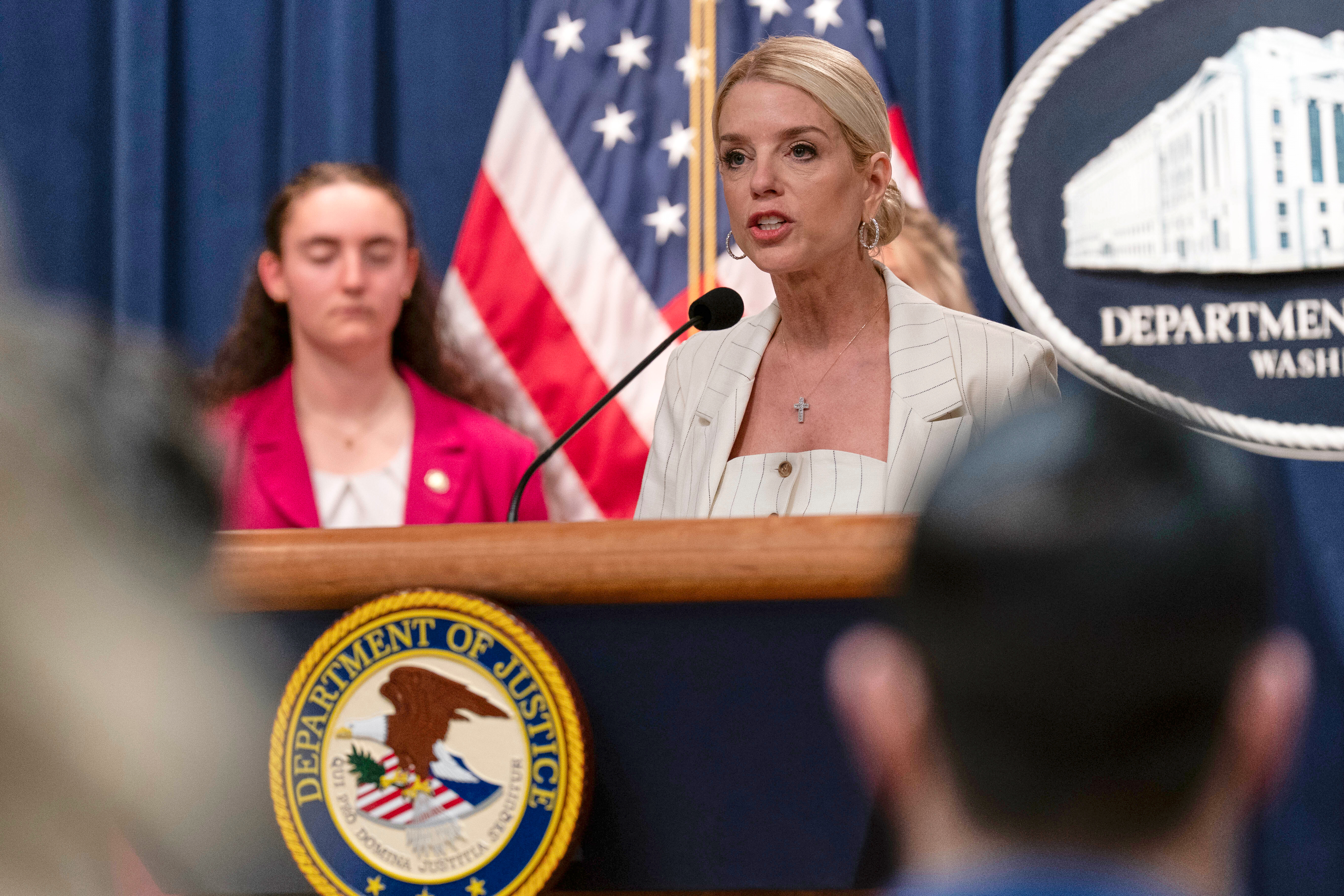For the second day in a row, 75,000 Kaiser Permanente workers are expected not to arrive to work on Thursday as the largest strike of health care employees in U.S. history continues.
Caroline Lucas, the executive director of the Coalition of Kaiser Permanente Unions, told Scripps News late Wednesday that the two sides have not scheduled any negotiations.
"Front-line health care workers are awaiting a meaningful response from Kaiser executives regarding some of our key priorities including safe staffing, outsourcing protections for incumbent health care workers, and fair wages to reduce turnover." Lucas said. "Health care workers within the coalition remain ready to meet at any time."
Kaiser Permanente said despite a marathon negotiating session that went into Wednesday, no agreement has been struck.

What is hospital-at-home, and what's the debate about it?
The model is part of health care in other countries. But critics warn that more regulation is needed before it is widely adopted in the U.S.
The company said it has offered the union across-the-board wage increases, including a $23 minimum wage for workers in California and $21 an hour elsewhere. The company also said it has met its goal of adding 10,000 new unionized employees since April.
"We remain committed to reaching a new agreement that continues to provide our employees with market-leading wages, excellent benefits, generous retirement income plans, and valuable professional development opportunities," the company said in a statement.
Nurses, lab techs, pharmacists, X-ray techs, and food and janitorial workers are among those who are striking.
The nonprofit is one of the nation's biggest health care providers, with more than 12 million patients a year. Kaiser says its hospitals and ERs will stay open and has brought in contracted temps for critical care roles.
Non-emergency appointments may be rescheduled, and some Kaiser Pharmacies in their medical offices may close.









